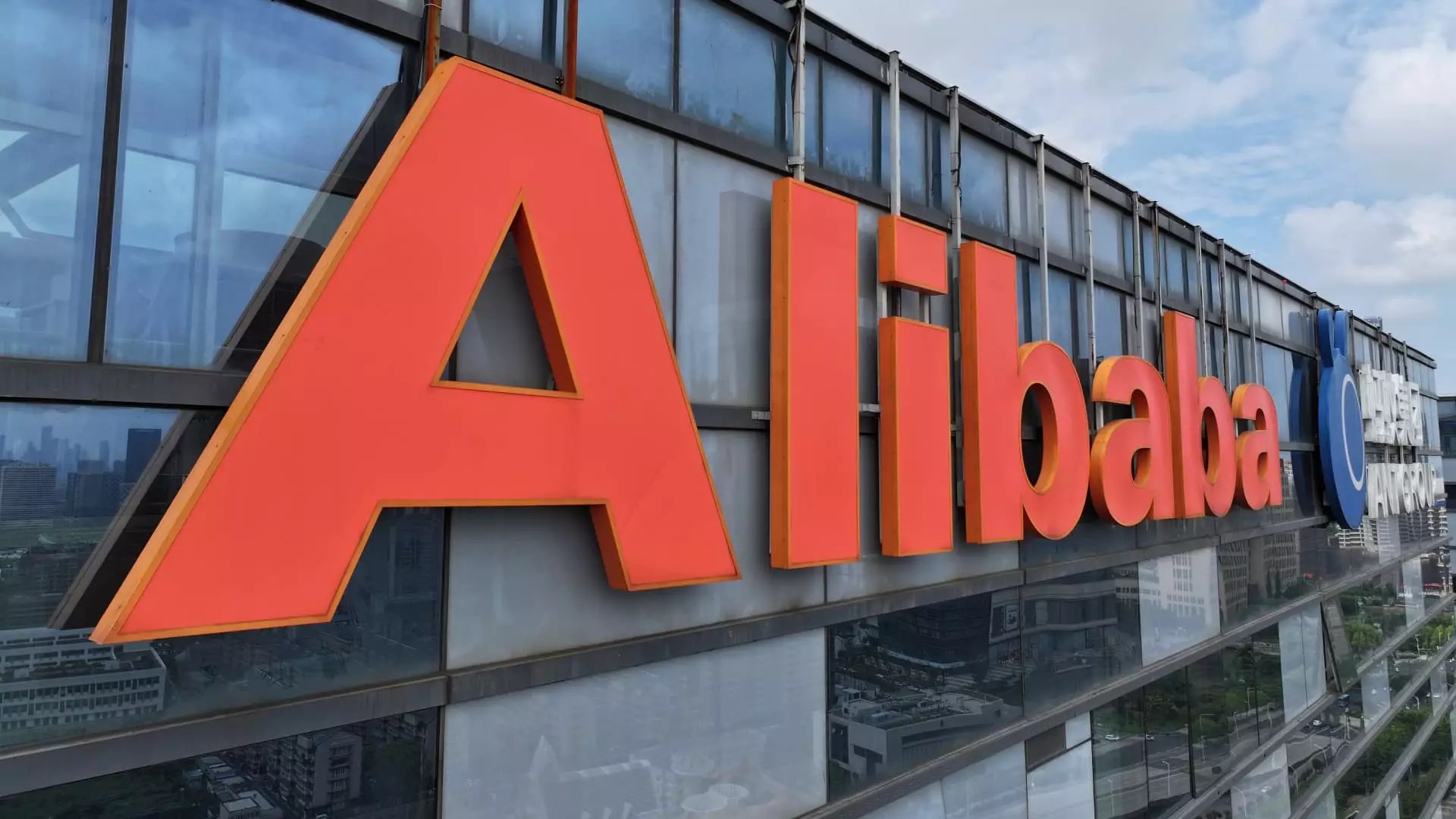Alibaba, one of China’s tech giants, has recently completed a three-year regulatory “rectification” process imposed by the country’s market regulator. This process was initiated in response to an antitrust fine issued to Alibaba in 2021 due to monopolistic practices. The State Administration for Market Regulation (SAMR) in China confirmed that Alibaba has successfully addressed the issues raised during the investigation to become compliant with antitrust regulations. This update led to a positive response from investors, with Alibaba’s shares rising more than 3% in Friday morning trading.
In 2021, Alibaba faced an 18.23 billion yuan ($2.6 billion) fine from China’s SAMR as part of an anti-monopoly probe. The focus of the investigation was Alibaba’s practice of forcing merchants to choose only one of its e-commerce platforms, restricting their ability to work with multiple platforms simultaneously. This “choose one” policy gave Alibaba an unfair competitive advantage in the market, according to the regulator. Since then, Alibaba has been under the SAMR’s supervision to rectify these issues and align its operations with regulatory requirements.
The SAMR has acknowledged Alibaba’s efforts to address the regulatory concerns and announced that the company has now ceased the “‘choose one of two’ monopoly behavior.” Moving forward, the regulator will continue to guide Alibaba in improving its compliance standards, operational efficiency, and fostering innovation. This marks a crucial milestone for Alibaba, signaling a fresh start after a challenging period of regulatory scrutiny.
Market analysts from Jefferies shared a positive outlook on Alibaba’s regulatory compliance completion, highlighting it as a “new start” for the company. This development is expected to enhance Alibaba’s regulatory compliance framework and operational transparency, reassuring investors and stakeholders. The conclusion of the regulatory process is seen as a step towards rebuilding trust and credibility for Alibaba in the market.
While Alibaba has successfully navigated the regulatory overhaul, it continues to face challenges in the form of slow growth in the Chinese e-commerce sector and increased competition. The company’s stock has experienced a significant decline from its peak in 2020, largely due to regulatory concerns and market dynamics. Despite these challenges, Alibaba has shown early signs of recovery, with promising results in cloud computing revenue and e-commerce transactions in the June quarter.
Alibaba’s completion of the regulatory rectification process signifies a significant milestone in the company’s journey towards compliance and operational transparency. By addressing the antitrust concerns and aligning with regulatory standards, Alibaba is paving the way for sustainable growth and innovation in the competitive tech landscape. As Alibaba embarks on this new chapter, continued focus on regulatory compliance, operational efficiency, and customer-centric innovation will be crucial for its long-term success.


Leave a Reply